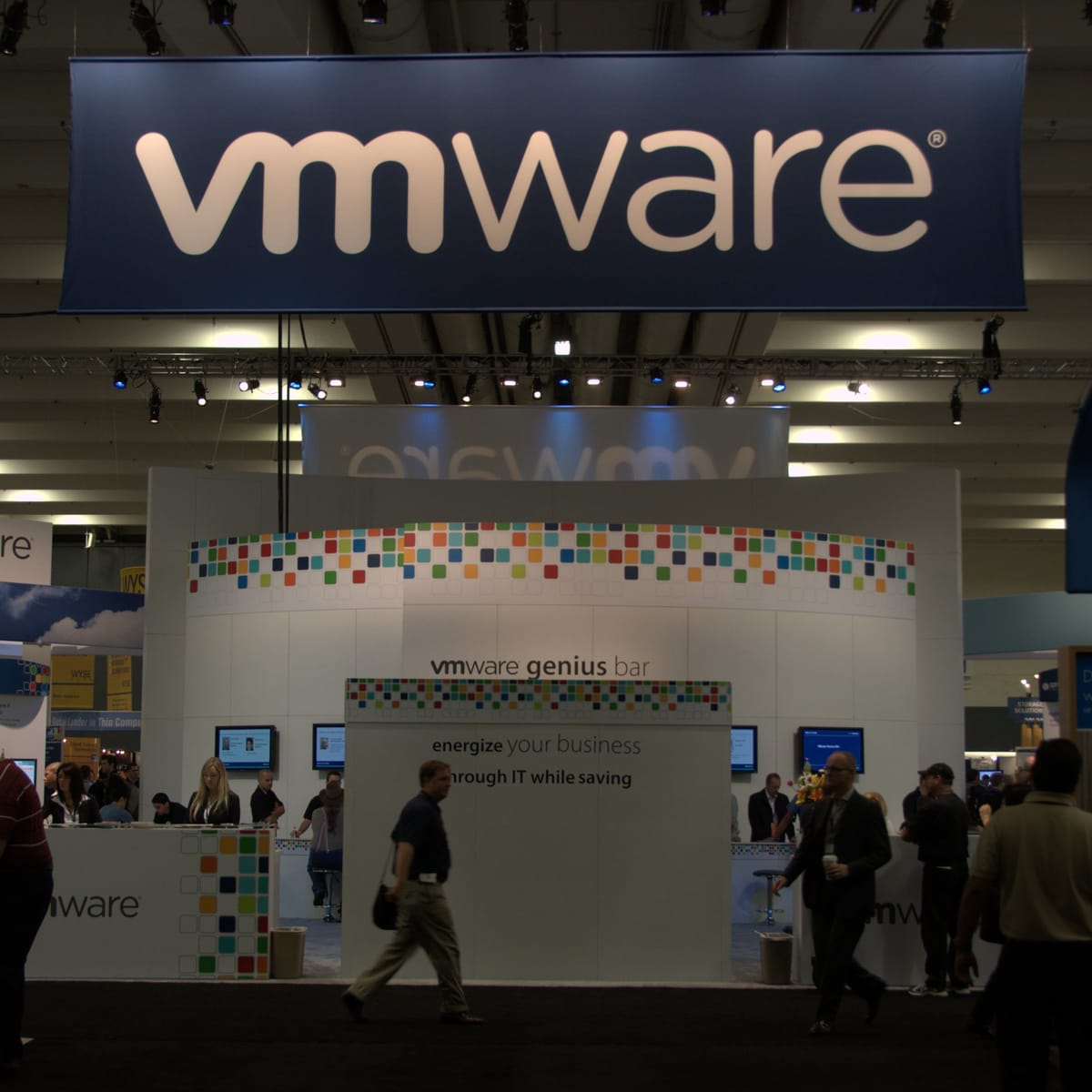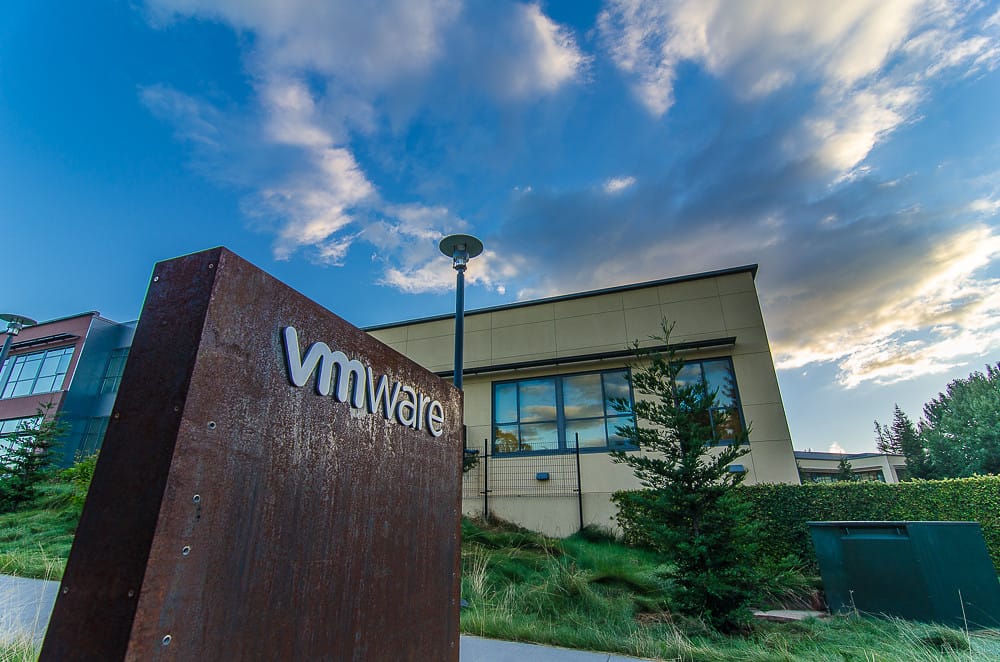VMware Reboots Its Partner Program Again: What's Changed This Time?
For the third time in as many years, VMware has overhauled its partner program, leaving channel partners scrambling to understand new requirements, investment thresholds, and go-to-market strategies. The latest iteration, announced last month, represents the most significant structural change yet—one that industry veterans say could reshape the entire VMware ecosystem.
This perpetual state of flux isn't just causing administrative headaches; it's fundamentally altering how thousands of partners do business with one of enterprise technology's most influential players. For partners who've invested heavily in VMware expertise and certifications, each program reset brings both opportunity and uncertainty.
The Pattern of Constant Change
VMware's partner program instability began in earnest following Broadcom's $61 billion acquisition of the virtualization giant in 2023. The first major restructuring came six months post-acquisition, followed by another significant overhaul in early 2024. Now, the company is implementing what executives call a "simplified and streamlined" approach for 2025.
Each iteration has brought new competency requirements, altered margin structures, and shifted focus areas. Partners report spending countless hours retraining staff, updating marketing materials, and explaining changes to customers who've grown weary of the constant flux.
"We've rebuilt our VMware practice three times in 18 months," said Sarah Chen, VP of Cloud Solutions at a mid-sized systems integrator. "My team is exhausted, and our customers are starting to question our stability recommendations."
What's Different This Time
The latest program overhaul introduces several key changes that distinguish it from previous iterations:
Consolidated Specializations: VMware has reduced its specialization tracks from 15 to 8, eliminating niche categories while strengthening core competencies around cloud infrastructure, security, and digital workspace solutions.
Higher Investment Thresholds: Partner investment requirements have increased by an average of 35% across all tiers, with the highest-level partners now required to maintain $50 million in annual VMware revenue—up from $35 million previously.
Simplified Certification Paths: The company has streamlined its certification requirements, reducing the number of mandatory technical certifications from 12 to 6 for top-tier partners, while making others optional based on specialization focus.
Performance-Based Incentives: Unlike previous versions that emphasized upfront investments, the new program weights quarterly performance metrics more heavily, with margin rewards tied directly to customer satisfaction scores and revenue growth.
Partner Reactions Range from Cautious to Frustrated
Industry response has been mixed, with larger partners generally more optimistic than smaller ones. Global systems integrators with deep VMware practices see opportunity in the reduced competition that higher barriers to entry create. However, smaller specialized partners are questioning their long-term viability.
Recent surveys from Channel Partners Magazine show that 42% of VMware partners are considering reducing their investment in the platform, while 28% are actively exploring alternative virtualization solutions. This represents a significant shift from 2022, when 78% of partners rated VMware as their most strategic vendor relationship.
"The constant changes are creating decision fatigue," explained Marcus Rodriguez, a channel consultant who works with over 200 VMware partners. "Partners are spending more time managing program compliance than serving customers."
Market Implications and Competitive Landscape
VMware's partner program instability is creating opportunities for competitors. Microsoft's Azure Stack HCI and Nutanix have both reported increased partner interest, with migration inquiries up 45% and 32% respectively over the past six months.
The timing is particularly challenging given the broader market shift toward hybrid cloud solutions. As enterprises accelerate digital transformation initiatives, they're seeking partners who can provide consistent, reliable guidance—something that's harder to deliver when the underlying vendor relationships are constantly evolving.
Looking Ahead: Stability or More Change?
VMware executives insist this latest iteration represents a more mature, stable approach that will remain consistent for at least 24 months. However, industry observers remain skeptical given the company's recent track record.
For partners, the key to navigating this uncertainty lies in diversification and customer-centric focus. Those who've maintained strong relationships with multiple vendors and prioritized customer outcomes over vendor program compliance are weathering the changes most successfully.
The VMware partner ecosystem's ultimate test will be whether this constant reinvention strengthens or weakens the platform's competitive position. As cloud technologies continue evolving rapidly, partners need stability to build long-term customer relationships and develop deep expertise. Whether VMware's latest reboot provides that foundation remains to be seen.

